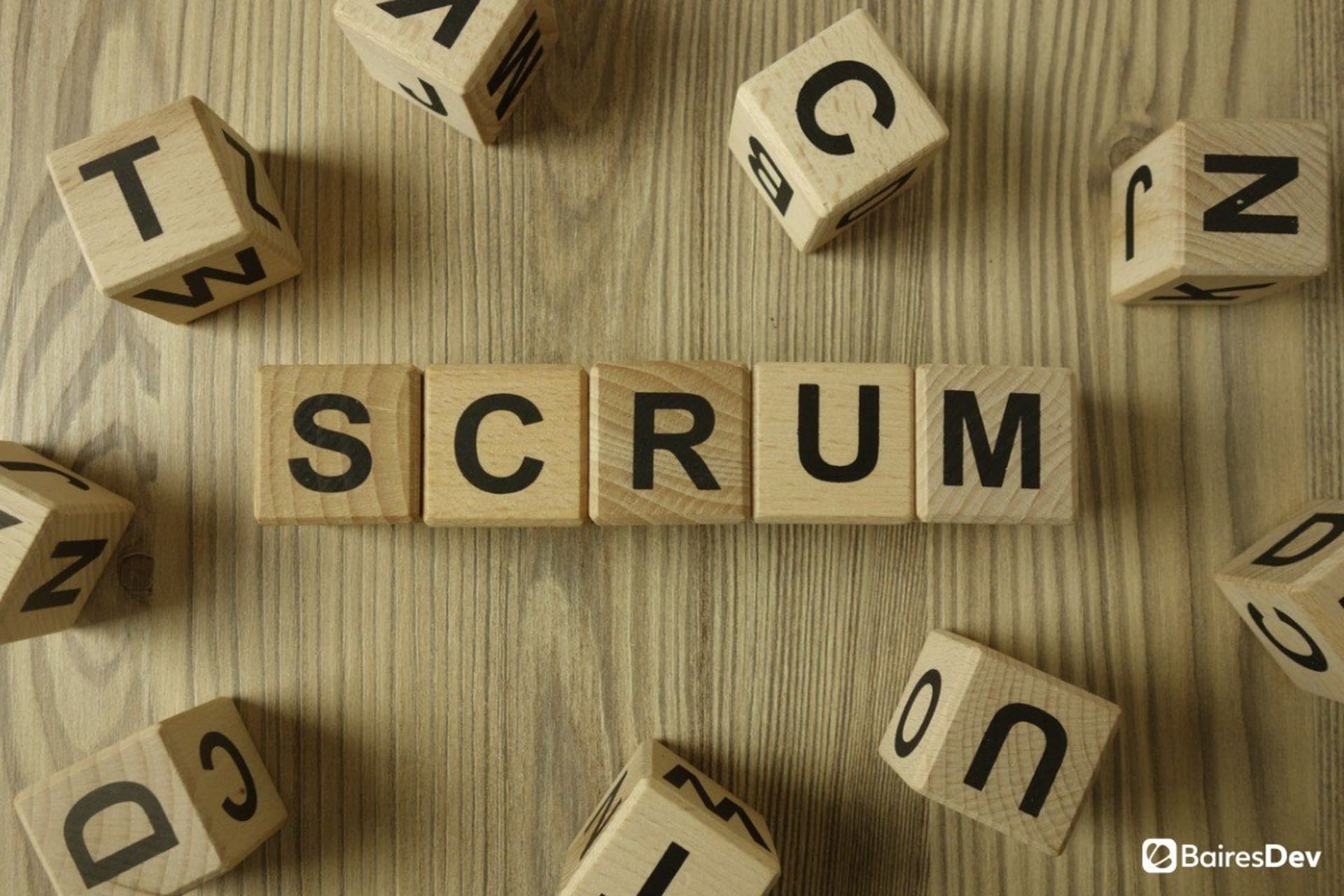Human Resources Management is absolutely crucial to a growing business. When you first start up, you might find it fairly easy to manage your staff with a spreadsheet or a few documents. Eventually, as your business exceeds your current size, you’ll find those basic documents aren’t nearly enough to keep track of everything, such as:
- Employees.
- Documents.
- Onboarding.
- Offboarding.
- Sick days.
- Vacation days.
As we said, if you’re only working with a few dozen employees, a list like that can be fairly easy to manage. But what happens when your staff grows into the hundreds? All of a sudden that task becomes insurmountable.
Unless you have the right HRM platform.
But aside from keeping your Human Resources department from suffering from premature hair loss and departing from your company, why exactly do you need to employ yet another software solution to manage your business?
You might be surprised at the answer.
Let’s dig in and find out.
What is HRM?
Before we dive into the why let’s answer this most basic question. A Human Resources Management (HRM) solution makes it possible to effectively and efficiently manage all of the people within a company, to help gain a competitive edge over the competition. HRM tools make it possible to constantly monitor an employee’s performance against your strategic objectives.
Effectively, HRM is much more than just a way to keep track of employee data and attendance.
There are plenty of off-the-shelf HRM solutions available. Of course, if you find those offerings aren’t exactly what your company needs, you can always hire a third-party software development firm to build custom human capital management software development.
Now, what about the why?
Measuring Productivity
One very important aspect of a good HRM solution is that it makes it possible for you to measure an employee’s productivity. This might seem a bit Orwellian at first, but having these kinds of metrics makes it possible to make sure you have the right people for the right job.
By working with such data, you might find you have certain employees that aren’t as productive with certain projects. By using the metrics, you could discern that one employee would perform better in a different department or project. So it’s not just about knowing who to terminate, but how to create the best fit for all involved.
Such a platform can also help you see where each of your employees needs to improve, which can lead to your workflow being more cost-effective.
That’s effective management.
Efficiency
Here’s another area where HRM can really give your business a hand. Consider this: You probably have certain staff that spends a good deal of time calculating payroll. Wouldn’t it be great if those staff members could be used elsewhere? Many HRM platforms have built-in payroll systems. So, instead of having an entire department dedicated to payroll, you can trim that down and let the software take care of the heavy lifting.
Reliability
Mistakes can be costly, especially in the realm of payroll, tax information, scheduling, and employee engagement. You need these areas to be as accurate and reliable as possible. If you leave all of this up to human beings, there will be mistakes. And although software can have its own set of issues, it rarely makes mistakes (unless it’s in the form of human input).
So if you’re looking to upgrade the reliability of your HR department, an HRM solution is a sure-fire method.
Effective Planning
If you’ve ever tried to plan vacations, time off, sick days, promotions, and events within a medium to large business, you know that trying to do so with Google Calendar or Outlook is simply not enough. You need a platform that is specifically geared toward handling these types of scheduling nightmares.
Within the realm of HR, scheduling isn’t just about slapping a date on a calendar, but the domino effect that event will have on the schedule as a whole. A good HRM solution is better prepared to keep tabs on those very specific types of events and planning. You don’t want your HR people having to keep track of how many sick or vacation days every employee has manually. Doing that runs the risk of far too many issues that could cause an escalation of unforeseeable problems.
Better Recruitment and Retention
With a good HRM solution, your business will be better capable of recruiting the right staff. Some HRM systems even integrate with the more popular job boards, so submitting is practically automatic.
At the same time, an HRM system can help improve employee retention by keeping track of complaints and helping you to understand why employees leave. You will also have instant access to data (such as average salaries by job description) that can be very helpful to your hiring process. With this information, you are capable of fine-tuning your business to better serve your market and your bottom line.
Better Compliance
Better HRM solutions make it much easier for businesses to remain in compliance. And given how compliance rules and regulations are always changing, making use of a software platform to keep you up






